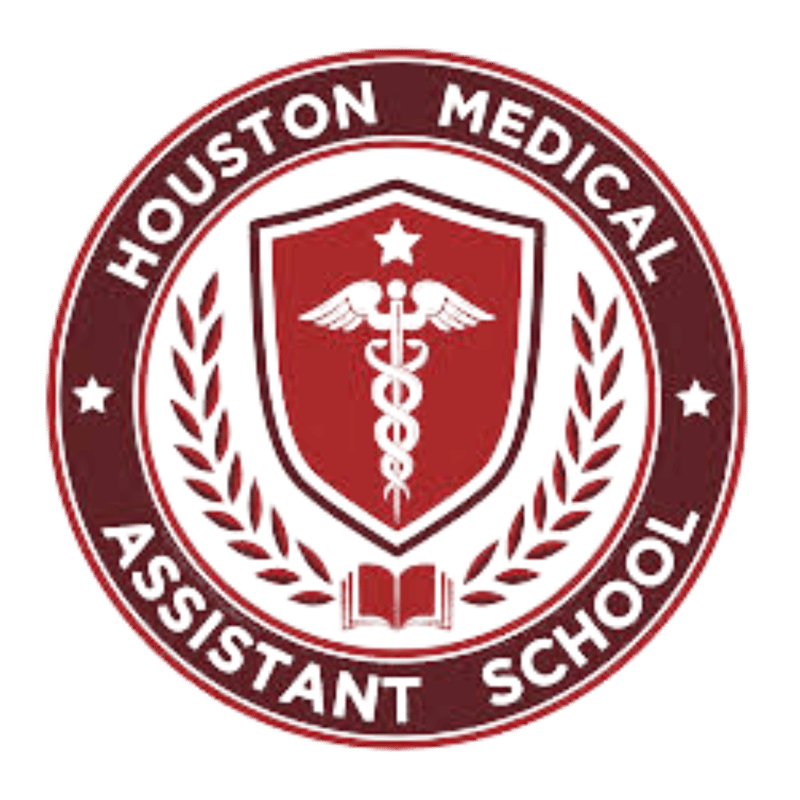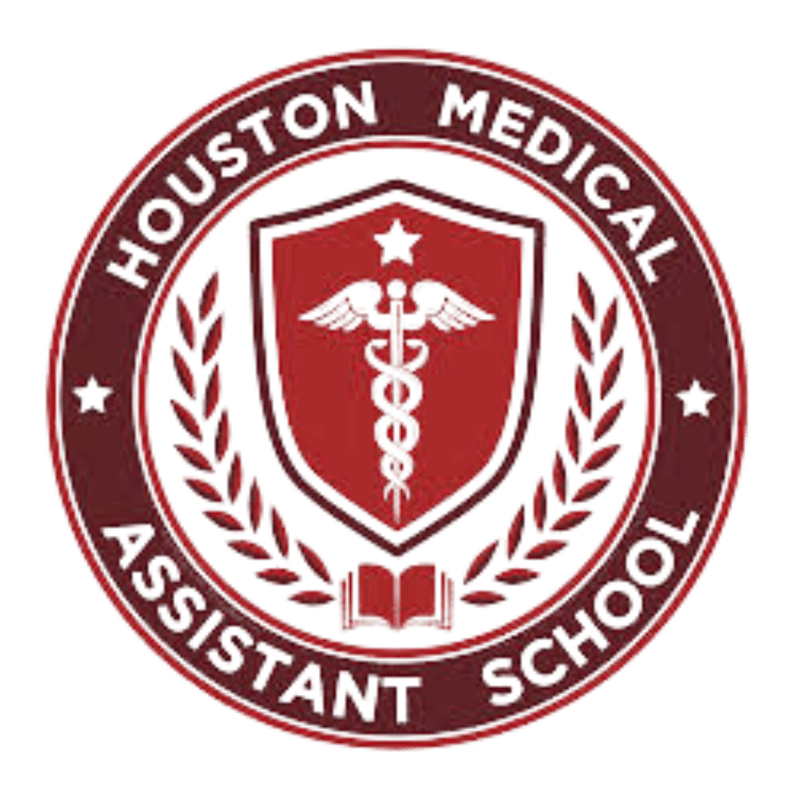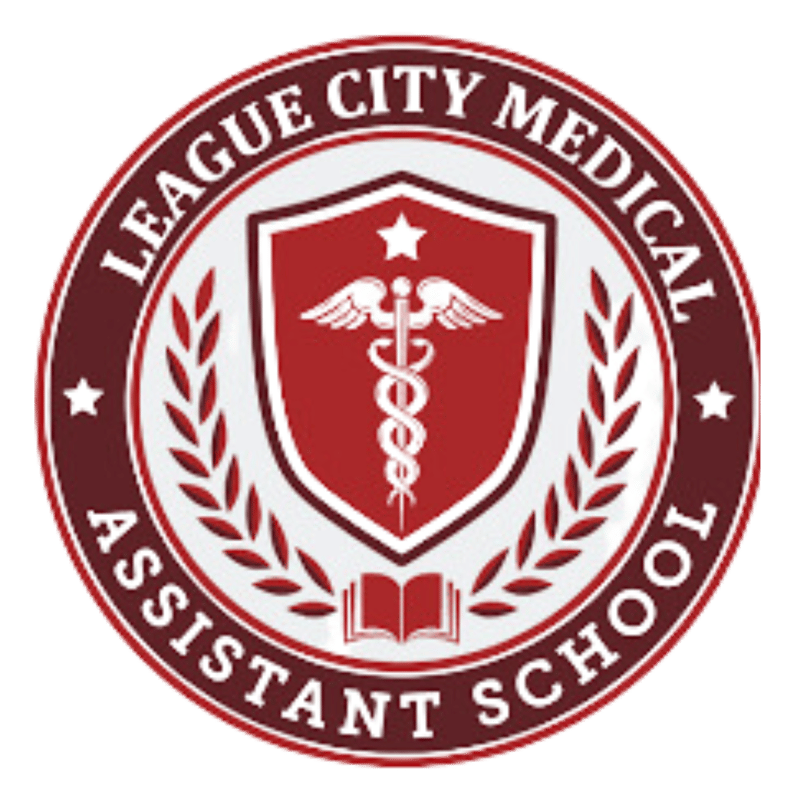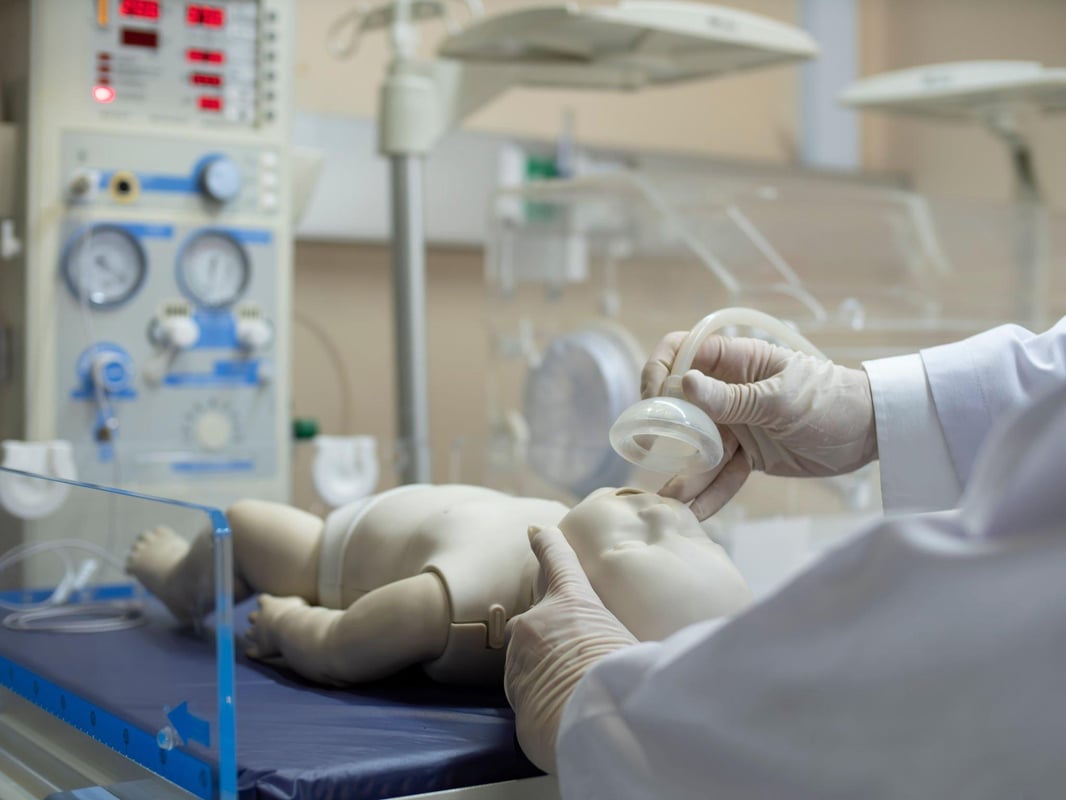
$950 to start
$4,490 total

$950 to start
$4,490 total

$950 to start
$4,490 total
$276 total
$2,075 total
$270 total
$410 total
$365 total
$150 total
No cost info
$285 total
$150 total
No cost info
If you're looking for Pediatric Advanced Life Support (PALS) classes in Houston, you've come to the right place. This blog post will help you understand PALS, the training requirements, what to look for in a class, and what to expect from the day-to-day class. Moreover, we'll delve into the certification process, how to find related jobs, and what other classes you can take after becoming Pediatric Advanced Life Support certified.

Pediatric Advanced Life Support (PALS) is a certification program for healthcare professionals responding to infant and child emergencies. These could include pediatricians, nurses, paramedics, and respiratory therapists. The program equips these professionals with the skills and knowledge to respond to life-threatening emergencies.
For a PALS certification, healthcare professionals are required to complete a specific curriculum. The training covers a range of topics, including:
Basic life support skills
Resuscitation team dynamics
Recognition and intervention of cardiopulmonary arrest
Post-cardiac arrest care
Each training segment is essential for preparing the healthcare professional to handle pediatric emergencies effectively and efficiently.
When searching for a PALS class in Houston, there are a few key things to consider:
Accreditation: The class should be accredited by a recognized body, such as the American Heart Association (AHA). Accreditation ensures that the course meets the necessary standards and the certification is valid.
Experienced Instructors: The instructors should be experienced healthcare professionals who can provide real-world insights and practical instruction.
Course Content: Ensure the course covers all the necessary topics and complies with the latest resuscitation guidelines.
Hands-on Training: The class should offer hands-on training using mannequins and equipment to simulate real-life emergency scenarios.
A typical PALS class involves a combination of lectures, interactive discussions, video demonstrations, and hands-on practice. Students are taught how to recognize and treat conditions that may lead to cardiopulmonary arrest in children. They also learn to use a systemic approach to pediatric assessment, basic life support, PALS treatment algorithms, and effective resuscitation team dynamics.
The PALS certification process concludes with a written exam and a hands-on skills evaluation. Passing these tests demonstrates that the candidate has mastered the skills and knowledge necessary to handle pediatric emergencies.
Upon earning your PALS certification, you can seek employment in various healthcare settings, such as hospitals, emergency medical services, and pediatric care facilities. If you want to learn more about finding related jobs in Texas, you can visit this link for more information.
After obtaining your PALS certification, you may consider further enhancing your skills and knowledge by taking additional classes, such as:
Advanced Cardiac Life Support (ACLS)
Neonatal Resuscitation Program (NRP)
Emergency Nursing Pediatric Course (ENPC)
These programs will provide you with a wider range of skills and make you more versatile in your profession.
PALS certification is valid for two years. To maintain your certification, complete a PALS renewal course before your certification expires. This course is usually shorter than the initial certification course and serves to update your knowledge and skills.
PALS certification offers several benefits:
Increased Knowledge: PALS certification provides in-depth knowledge about pediatric emergencies, enhancing your patient care skills.
Career Advancement: With a PALS certification, you can take on more responsibilities and increase your job prospects.
Confidence: The hands-on training and knowledge gained from PALS certification can increase your confidence in handling pediatric emergencies.
While PALS and ACLS (Advanced Cardiac Life Support) teach life-saving skills, they cater to different patient populations. PALS focuses on pediatric patients, while ACLS is geared toward adults. You might consider obtaining both certifications if your role involves caring for children and adults.
Choosing the right PALS class in Houston is an important decision that can significantly impact your career as a healthcare professional. As you navigate your options, remember that the best programs offer comprehensive training, experienced instructors, and accreditation.
To expand your skills beyond PALS, consider exploring other healthcare programs. You can check out this article on becoming a Phlebotomist in Texas or this link on becoming a Medical Assistant in Texas. Whatever path you choose, remember that continuous learning and skill enhancement are crucial in the rapidly evolving healthcare field.
Dreambound has a bunch of guides about starting in this field, with specific ones for different cities. If you're not in this city or are thinking about moving, check out some other guides below:
Contemplating a change in your career path? Dreambound has written many comprehensive guides to aid you in making well-informed decisions.
Dreambound's platform allows prospective students to find the right educational program for them through searching, filtering, and connecting with our extensive selection of career & technical education partners.
Dreambound has over 70 programs across healthcare, technology, business, and industrial trades. This includes programs such as Medical Billing, Cybersecurity, and welding.
Some of our schools offer financial aid for those who qualify. Many others offer payment plans, where you can pay the cost of class over time.
Yes, Dreambound offers many online programs. On Dreambound's search, you can filter by online, in-person, and hybrid (part online, part in-person).
Dreambound is completely free for you to use! We are supported by schools and organizations who pay to advertise on our website, so we can offer all of our career resources for free.